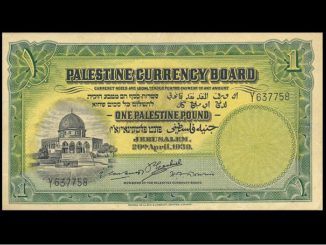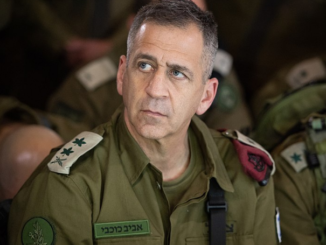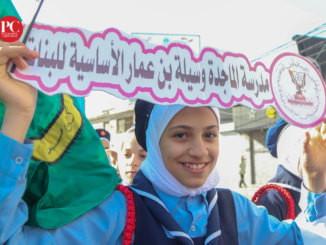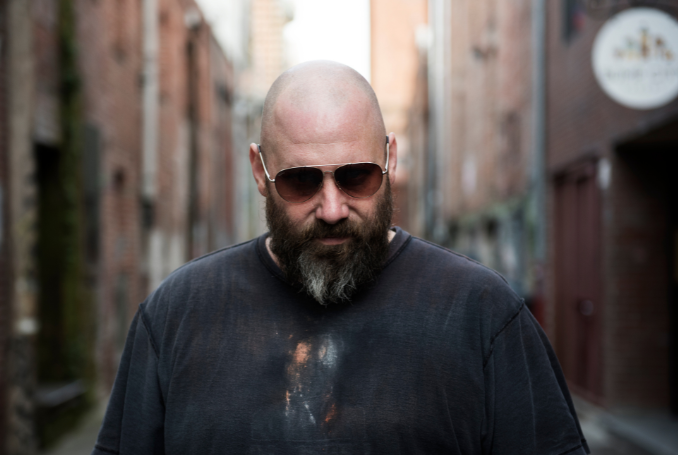
By Romana Rubeo 
‘Silence is deafening right now’, Sage Francis told us. But Sage Francis is not just a brilliant singer, performer, and musician. He is a tour de force, a truly unique artistic movement. He spoke to The Palestine Chronicle.
As Israel’s genocidal war in Gaza continues, the situation in the besieged Strip is becoming even more catastrophic by the day.
After more than four months of intense Israeli bombardment and shelling, over 100,000 Palestinians have been killed, wounded or are still missing.
Despite the harrowing figures and equally horrific images and videos that we receive from Gaza on a minute basis, Western leaders and mainstream media are relentless in their manipulation of the truth. They remain committed to their dehumanizing narrative, which depicts Palestinians as terrorists and Israel as the epitome of civilization and democracy.
Unlike the case of other wars, where artists are encouraged to take a principled stance in defense of and to speak on behalf of the victims of war, speaking out for the Gaza victims hardly earns an artist any accolade or even a mere nod of approval in mainstream society.
The Palestine Chronicle spoke with Sage Francis, American artist, the forefather of the indie rap movement and the CEO of Strange Famous Records, about his latest song ‘Master Cleanse’, featuring Old Boy Rhymes and Rituals of Mine. (See video below)
The song and the video constitute a powerful attempt at raising awareness regarding the horrific events underway in the besieged Gaza Strip. The song and its poignant lyrics also serve as an unabashed criticism of the American political system, which continues to fund the devastating war using US taxpayers’ money.
“I’m having lucid dreams of gruesome scenes; Things that human beings do when we become too extreme; Pursue our pray like wolverines, we root for teams; But some see troops as a means to an end,” part of the song’s lyrics read.
The rest of the song is an equally courageous confrontation, not just of war itself, but of the collective complicity that allows such genocidal wars to go on.
Palestine Chronicle: In a Facebook post on January 27, explaining the origins of your latest song Master Cleanse, you explain that, after October 7, you felt compelled to speak on the situation. This is quite the opposite of what happened to many artists, who said the issue was “too complicated.”
Sage Francis: There’s only so much inhumane stuff that can happen day after day after day (such as with Israel’s response to the tragic events of October 7) before it feels very weird and downright wrong to not say anything. I fully understand that the non-stop bombardment of Gaza is being done with my own US tax dollars, which makes me complicit.
People like to live with a mental disconnect about that I guess. Speaking out about it to make more people aware of what’s happening while showing support for Palestinian people is the very least I can do. Most artists probably do feel like it’s too complicated and not their jurisdiction to speak upon things and we hope our song and our messages can ease them into the idea that it’s really NOT that complicated.
Even if they can’t bother to do the slightest bit of research, how can anyone who believes they’re a humanitarian witness the ongoing massacre and not admit it’s wrong.
But most people, coward artists included, just shrug their shoulders and avert their attention to anything that doesn’t require an actual backbone. Some are just entirely scared of the backlash they’ll receive in their family, community, or workplace. It’s not an easy thing to navigate, but it’s a thousand times easier than what the people we’re speaking up for have to deal with every day.
I’m beyond grateful that OldBoy Rhymes and Alxndrbrwn presented me with the ‘Master Cleanse song and asked me to hop on it, because I wasn’t quite sure how best to address the current situation in a song until that happened.
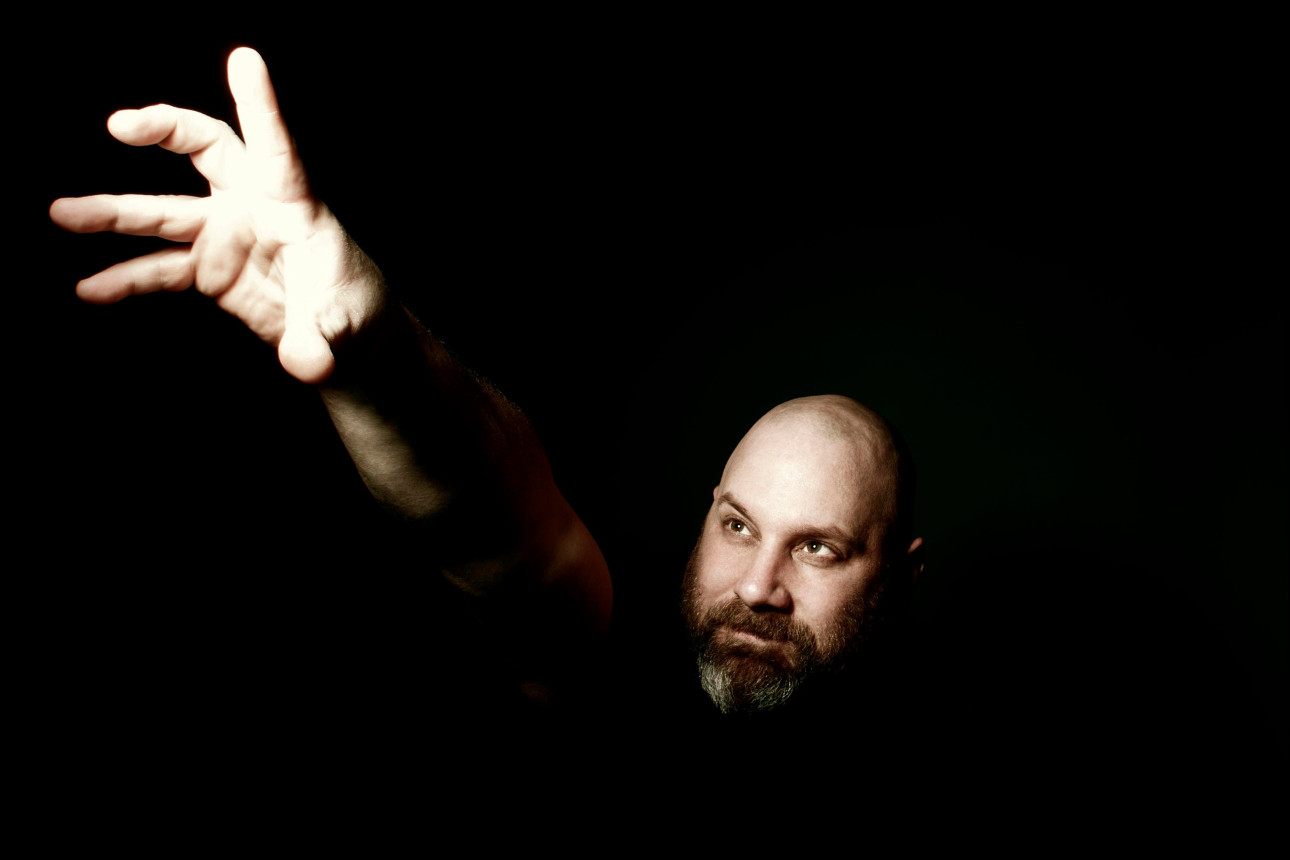
PC: Do you think that artists have a moral responsibility to speak up in times of genocide? And is being silent in front of these horrors a form of complicity?
SF: When I spoke up about genocide in an online post I was told by a Jewish friend that it offended him that I would use such a term. So people have to understand that they’re opening themselves up to various types of conflict, and some people are very scared of conflict. I’m not. I understand that people are different and they deal with things in their own way.
There were people who were upset with me for not speaking out sooner, but it really took me a bit of time to wrap my head around what was actually going on. At this point I don’t think there should be even the slightest bit of confusion.
But yeah, it doesn’t matter to me if you’re an artist or a carpenter. If you can’t find some way to help out or speak out in your own way, it’s absolutely a form of complicity. And the silence is deafening right now. I can’t say it’s a moral responsibility for artists to hop on every atrocity in the world, but I’m starting to understand how something like the Holocaust could happen while society in general were fine with just whistling past the graveyard as long as their own lifestyle wasn’t personally affected by it. Fools really just don’t want to accept what’s happening because we’ve been programmed to believe that nothing can be done and it’s outside of our realm.
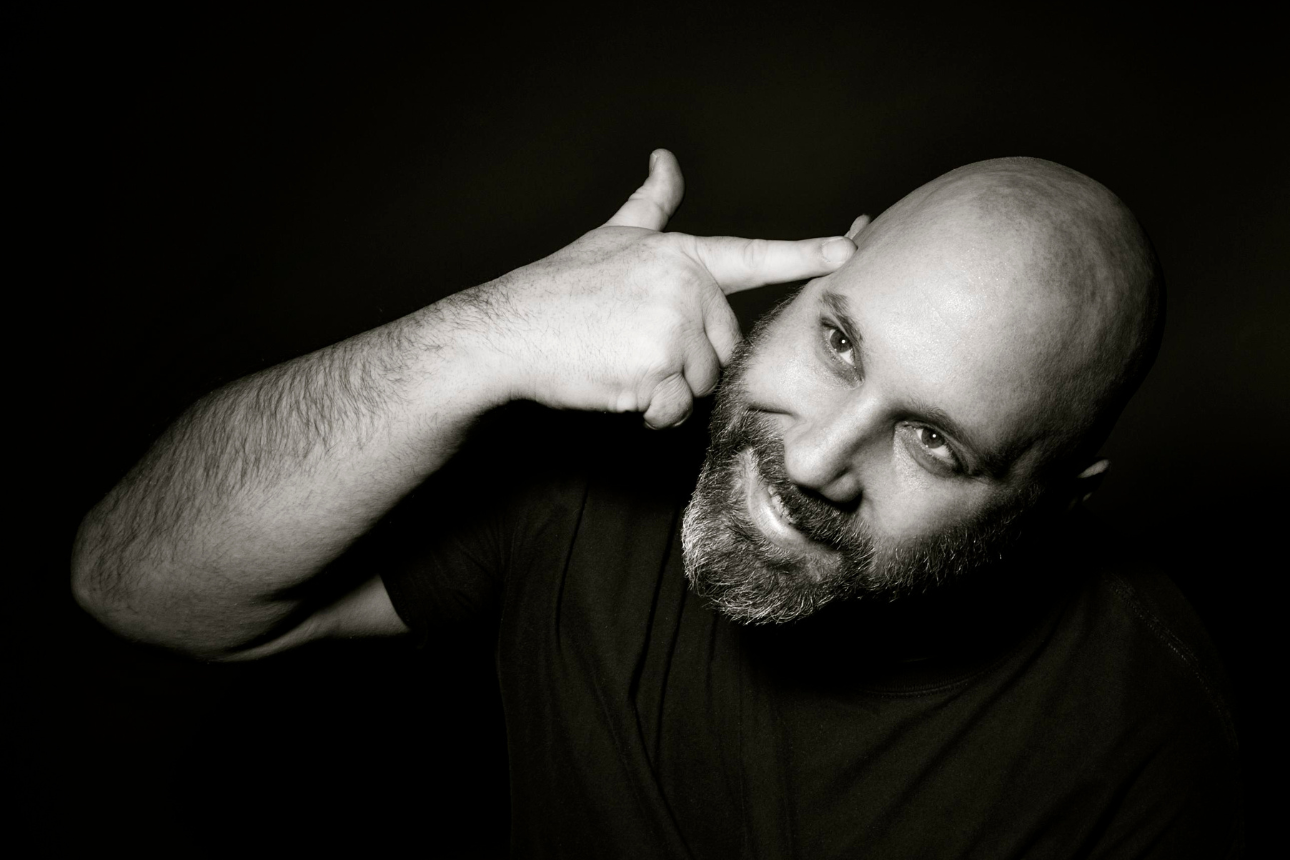
PC: You also speak to American citizens directly, telling them they are paying for the genocide with their own taxes. And you do not shy away from calling it genocide. Do you think your colleagues are afraid of the consequences? And if they are, what are these consequences?
SF: I know for a fact that my colleagues are afraid of the consequences. There are a select few who’ve made their statements and faced consequences for it. There are people I work with in the media who are always happy to give coverage to any project of mine but when it came to this song it was clear they felt if they published it or played it on their mix show it would compromise their job.
The consequences aren’t in plain sight and we don’t know what they’ll ultimately be down the line, but I’ve never seen so many people in the entertainment industry feel like they need to walk on eggshells before this. Not even after 9/11. When I released ‘Makeshift Patriot’ in 2001 I really had nothing to lose but I still held tight to my seat wondering if someone would drag me out of my apartment.
People remind me to this day how much it meant to them that I was willing to speak about things in a way that they were thinking but weren’t comfortable enough to state on their own. So far it seems like ‘Master Cleanse’ is having a similar effect, and even though I have a lot more to lose at this point I have the benefit of my past to reassure me that there are people who need to hear this and it will benefit them in various ways.
PC: You speak about the complete silence that deliberately accompanied the release of this powerful song. This is the kind of censorship people are experiencing every day when they try to speak outside the confines of mainstream thinking. In your experience, do you think this censorship has worsened throughout the years? Was it different, for example, when you released Makesfhift Patriot, which was also a powerful critique of the existing power paradigm?
SF: When ‘Makeshift Patriot’ was released it was in the wild west days of the internet before major corporations could figure out a way to gatekeep everything. So I’m not so sure if it’s about censorship as much as it’s about gatekeeping and having the ability to throttle the kind of material people can access. I suppose that’s censorship, yeah. Heh. The more I think about it, yes…if you’re saying something that the higher ups don’t want to affect their agenda or finances, it’s much easier for them to suppress that voice in 2024.
There are workarounds though every so often people figure out how to bust through the gates. As much as it hurts me to see, I’m thankful that video footage is being shared in real time from Gaza on various social media sites. It’s been illuminating to say the least.
It can be depressing as hell to watch and sometimes you have to turn away for your own mental well being, but that’s always with the understanding that these people who are living it every day aren’t able to just turn it off the way we can.
So again, that makes me wonder how it’s possible for people who know what’s going on to not do their part by showing support or speaking up or do ANYTHING. “I’m just not political, bro. It’s killing my vibe.” Right. How many children were killed or lost a limb and had to go through surgery with no anesthesia today on your dime? Sleep tight, bud.
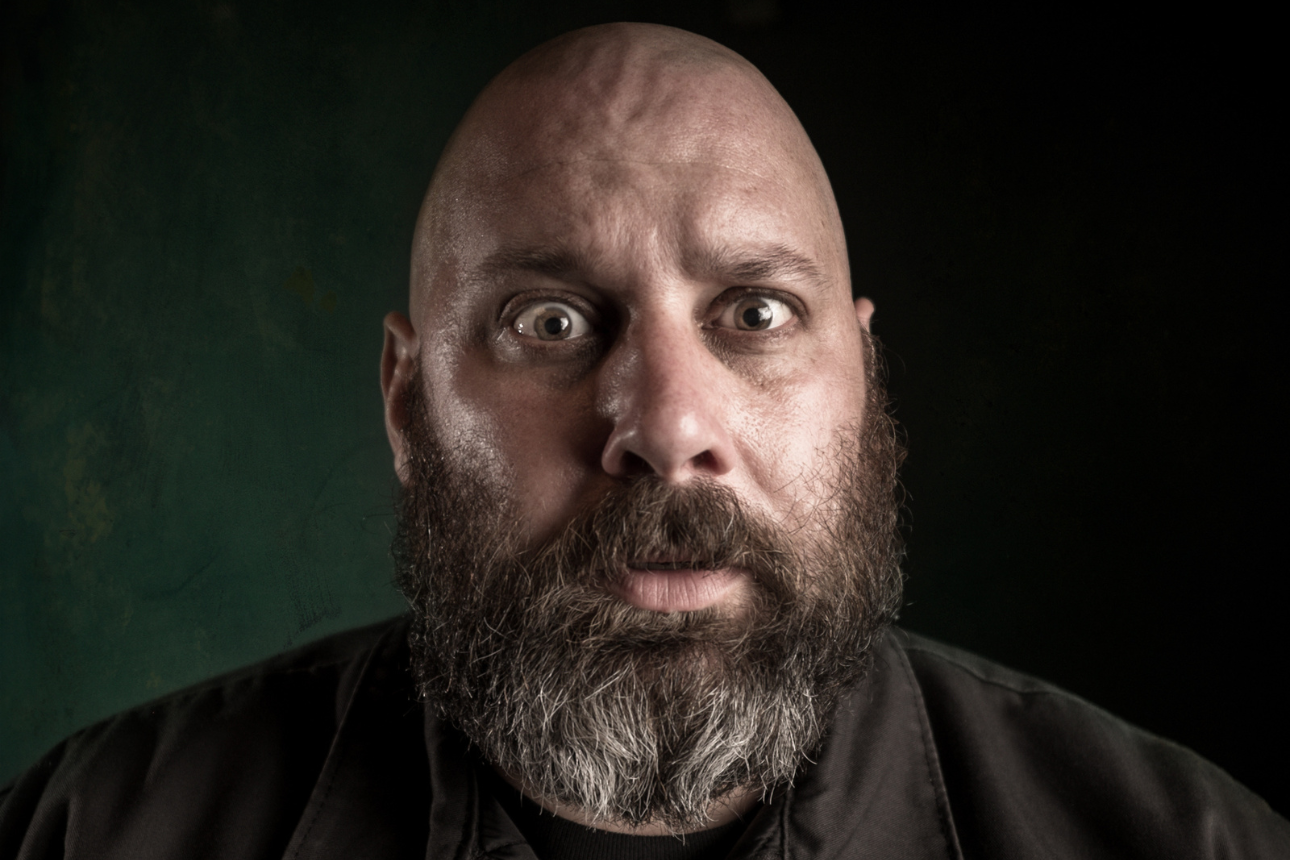
PC: One final question about intersectionality. Your work, activism, and artistic message spans various issues and geographic spaces. How do you see Palestine and South Africa connected? And do you think there is a wholesome answer to oppression, war, and social inequality?
SF: I suppose I had similar frustrations about people’s lack of awareness and/or concern when I visited South Africa for the first time in 2011, but it’s probably not what you’re thinking. Right off the bat I’d like to say I felt a strange sense of pride watching South Africa take Israel to task on the world stage even though I have no official connection to them.
But when I was there it was to take part in a documentary about children with HIV who were being given an alternative treatment. It’s a “treatment” that I believed to be a complete sham, which I voiced loudly during my time there, and the documentary was never completed or released. But during my time there, I saw the squalor and despair these children were living in while also basically being used as guinea pigs. This is a whole other story, but it made me aware of how much westerners or people in general really don’t know because they’re not given exposure to it.
And if it’s not affecting them directly, why should they care? That frame of mind has never gelled with me. It wasn’t all despair there though. I witnessed incredible resilience in the people which you can’t help but be inspired by. There was a great sense of hope that lifted their spirits in the face of absolute horror.
If there’s a wholesome answer to oppression, war, and social inequality, I’m sure there are powers in place who have the ability to make most people question it to the point where they’d rather not think about it anymore.
As long as it’s not affecting them directly. Maybe people should start to realize this needs to be figured out before the reckoning comes knocking on their own door.
(The Palestine Chronicle)
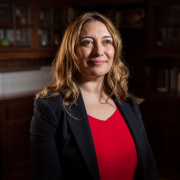
– Romana Rubeo is an Italian writer and the managing editor of The Palestine Chronicle. Her articles appeared in many online newspapers and academic journals. She holds a Master’s Degree in Foreign Languages and Literature and specializes in audio-visual and journalism translation.



